6 Ways To Prevent Feeling Itchy After Shower
By: Priyanka Maheshwari Thu, 14 Sept 2023 3:00:20
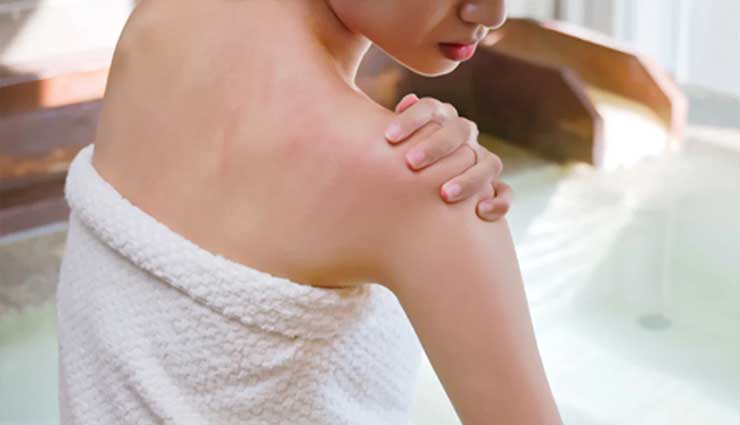
Itchiness is a sensation that arises upon contact with specific stimuli against your skin, prompting you to instinctively reach and scratch the affected area. This seemingly simple and automatic response serves as your body's defense mechanism against potential threats like insects and foreign substances.
Not every contact with your skin prompts an itching response, though. Take, for example, the constant contact between your skin and clothing; you don't experience an urge to scratch in this case. The reason behind this lies in your brain's ability to distinguish between harmless and potentially harmful stimuli. This discrimination is facilitated by a specialized group of cells known as inhibitory spinal neurons. These neurons facilitate communication between your brain and your skin, aiding in the identification of potential threats.
Itchiness is a sensation that arises upon contact with specific stimuli against your skin, prompting you to instinctively reach and scratch the affected area. This seemingly simple and automatic response serves as your body's defense mechanism against potential threats like insects and foreign substances.
Not every contact with your skin prompts an itching response, though. Take, for example, the constant contact between your skin and clothing; you don't experience an urge to scratch in this case. The reason behind this lies in your brain's ability to distinguish between harmless and potentially harmful stimuli. This discrimination is facilitated by a specialized group of cells known as inhibitory spinal neurons. These neurons facilitate communication between your brain and your skin, aiding in the identification of potential threats.
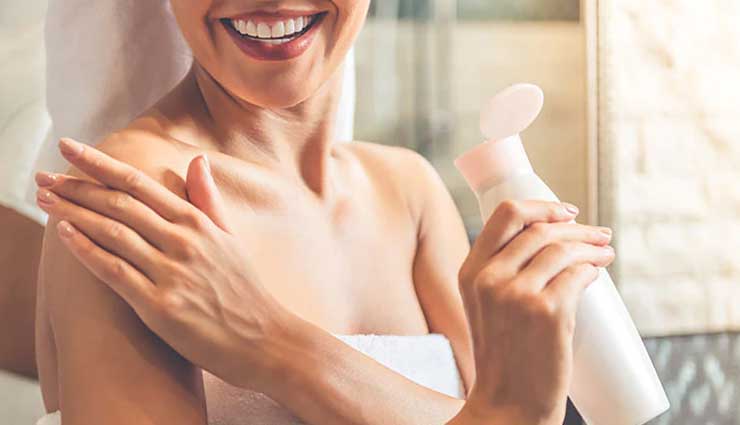
# Apply Moisturizer On Wet Skin
After you've gently pat-dried your skin, utilize a fragrance-free and non-perfumed moisturizer. This can assist in sealing in the moisture on your skin's surface. If you are susceptible to acne, opt for a moisturizer that is free of oils.
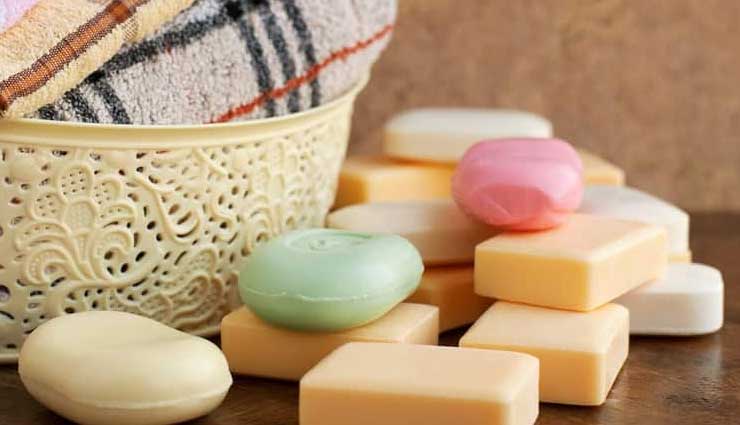
# Consider Switching Your Soap
If you experience persistent post-shower itchiness, your soap choice could be a contributing factor. It might be worth exploring the option of switching to a moisturizing soap. Research indicates that using a moisturizing soap may alleviate the discomfort associated with dry skin, which is a common cause of itching.

# Modifying Your Shower Routine
Avoid taking hot water showers more than once a day. Increased frequency and hot water strip the skin of its essential oils and make it dry and itchy. Use cold or lukewarm water to take a shower and keep your bath time short. Ideally, you should spend less than 10 minutes in the shower.
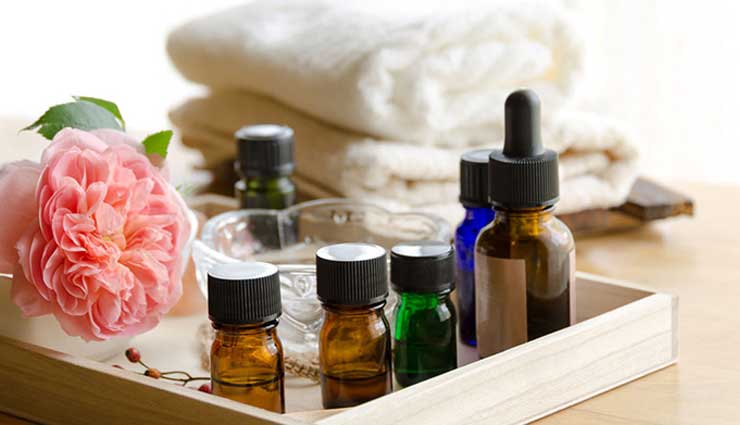
# Using Essential Bath Oils
Research has demonstrated that incorporating bath oils into your shower routine can safeguard the skin's protective barrier and potentially reduce the likelihood of developing dry skin. Prior to application, be sure to mix these essential oils with gentle carrier oils such as jojoba oil. For individuals with sensitive skin, it's important to exercise caution, as fragrances have the potential to provoke irritation.
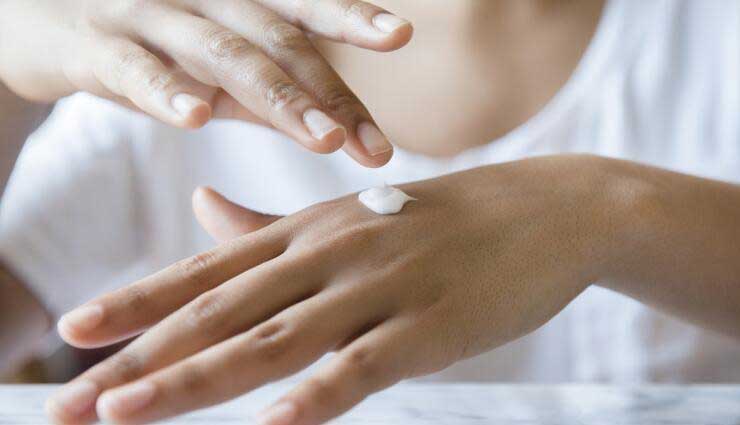
# Using Anti-itch Creams
Utilizing an anti-itch cream formulated with lactic acid can be effective in alleviating itching and preserving the skin's moisture. Additionally, you might want to explore creams containing pramoxine hydrochloride, as they have the potential to mitigate the occurrence of dry, itchy skin.
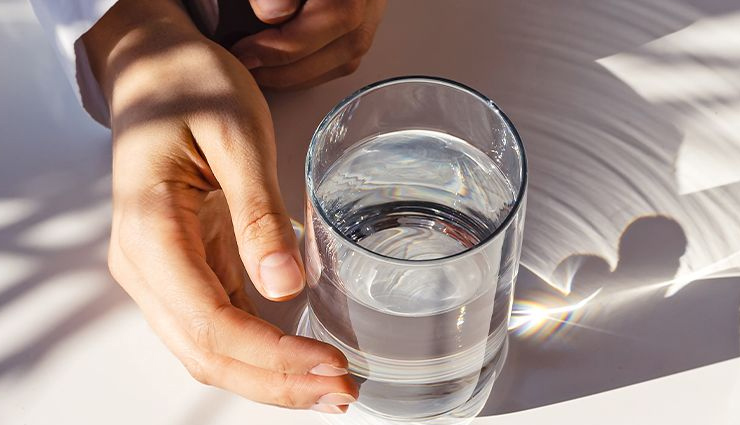
# Staying Hydrated
Inadequate hydration can lead to skin dryness and itchiness. It's crucial to maintain proper hydration by drinking sufficient water to prevent your skin from becoming dry and itchy.
By adhering to these straightforward measures, you can potentially steer clear of post-shower itching.





